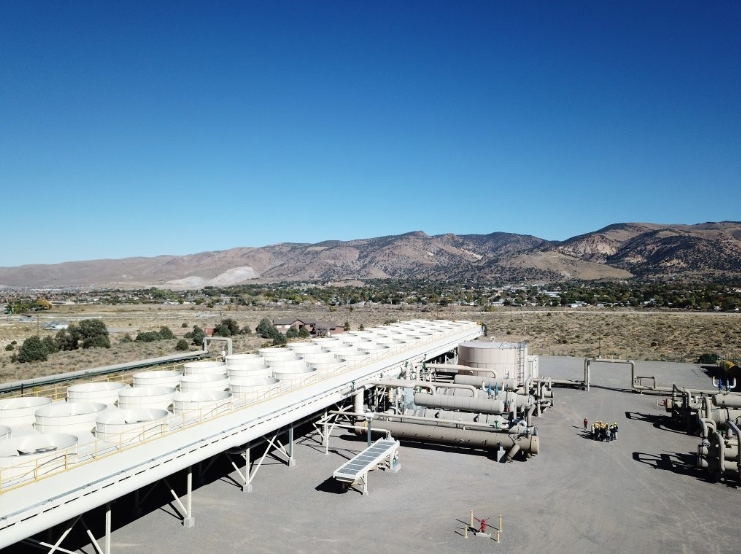
Galena III geothermal power plant by Ormat near Reno/ Nevada
The new procedures significantly reduce permitting timelines, compressing multi-year processes to a maximum of 28 days. This applies to a broad range of energy sources, including crude oil, natural gas, lease condensates, natural gas liquids, refined petroleum products, uranium, coal, biofuels, geothermal energy, kinetic hydropower, and critical minerals. The expedited process addresses longstanding challenges, particularly in geothermal development, where complex permitting has often delayed progress in the U.S. and globally.
Under the National Environmental Policy Act (NEPA), the Department will adopt a streamlined compliance process with concise documentation and shortened timelines. Environmental assessments, typically requiring up to one year, will now be completed in approximately 14 days, while full environmental impact statements, usually a two-year process, will be reviewed in about 28 days.
For the Endangered Species Act, an accelerated Section 7 consultation process will allow bureaus to notify the Fish and Wildlife Service of emergency procedures, enabling prompt decisions on project approvals. A Department official stated: “These measures ensure timely action while maintaining necessary environmental considerations.”
Compliance with the National Historic Preservation Act (NHPA) will also be expedited. Bureaus will notify the Advisory Council on Historic Preservation, State and Tribal Historic Preservation Officers, and relevant Indian tribes or Native Hawaiian organizations, providing a seven-day comment period. After considering feedback, bureaus will decide on project approvals. The official added: “This process balances cultural preservation with the urgent need for energy development.”
These emergency procedures leverage authorities under NEPA, the Endangered Species Act, and NHPA to overcome delays that have hindered energy projects. By simplifying permitting, the Department aims to foster rapid development of domestic energy resources, supporting economic and energy security goals.
The focus on geothermal energy and critical minerals reflects their growing importance in the energy transition. The streamlined permitting is expected to encourage investment and innovation, enabling faster deployment of projects that enhance the U.S. energy infrastructure while addressing environmental and cultural considerations efficiently.